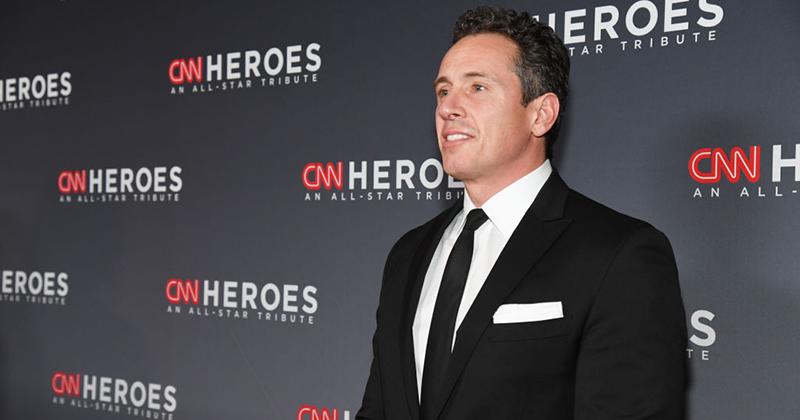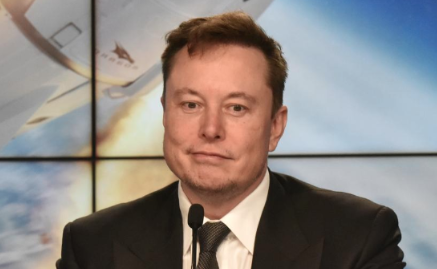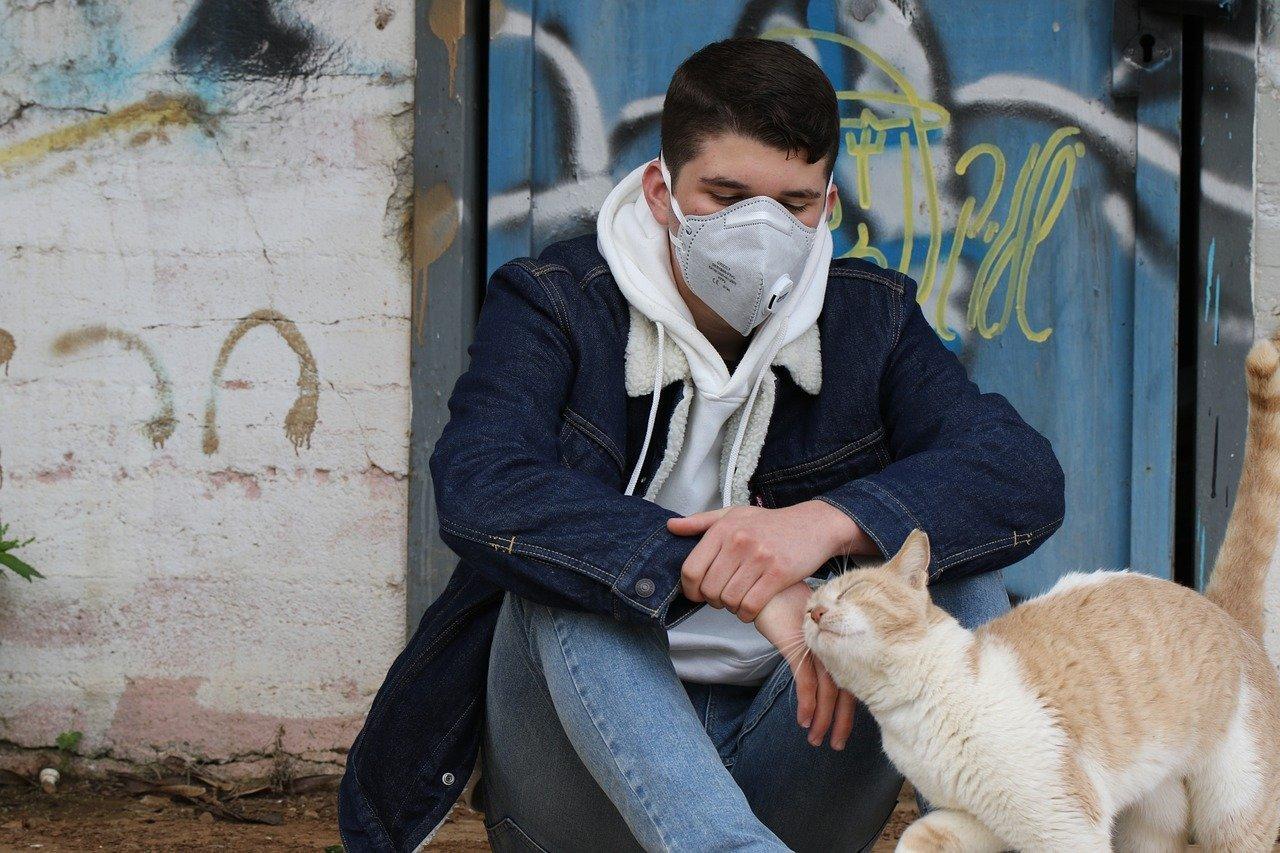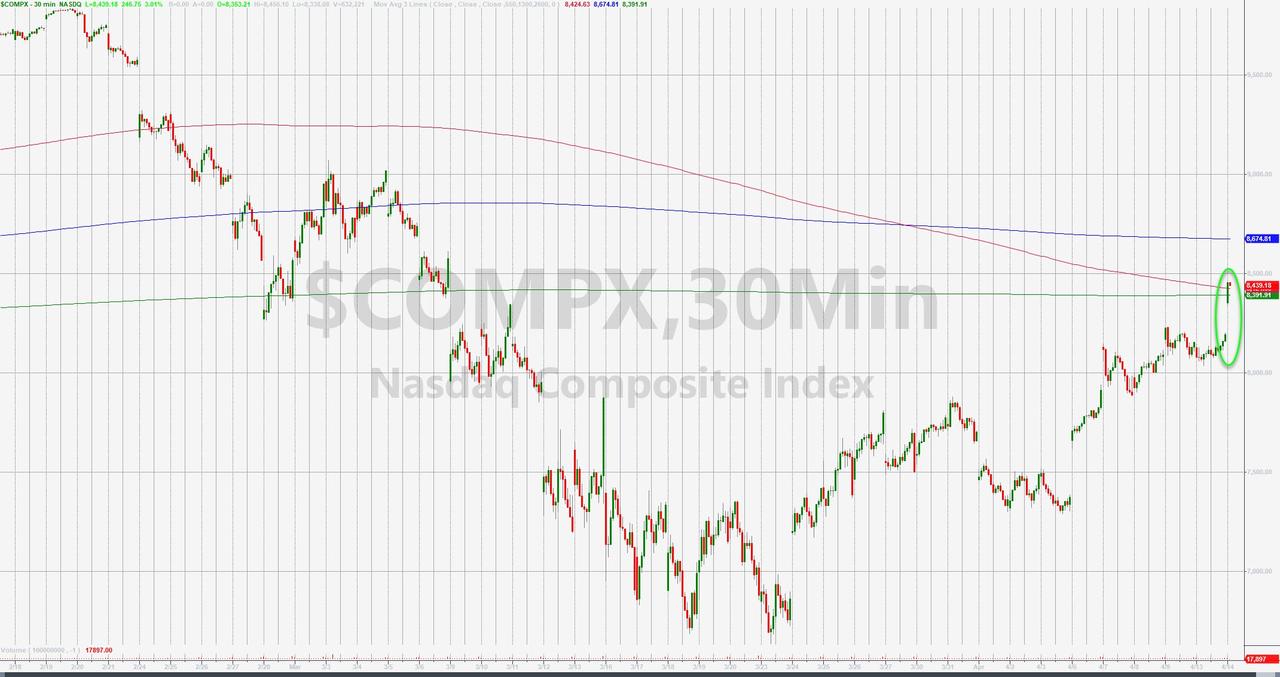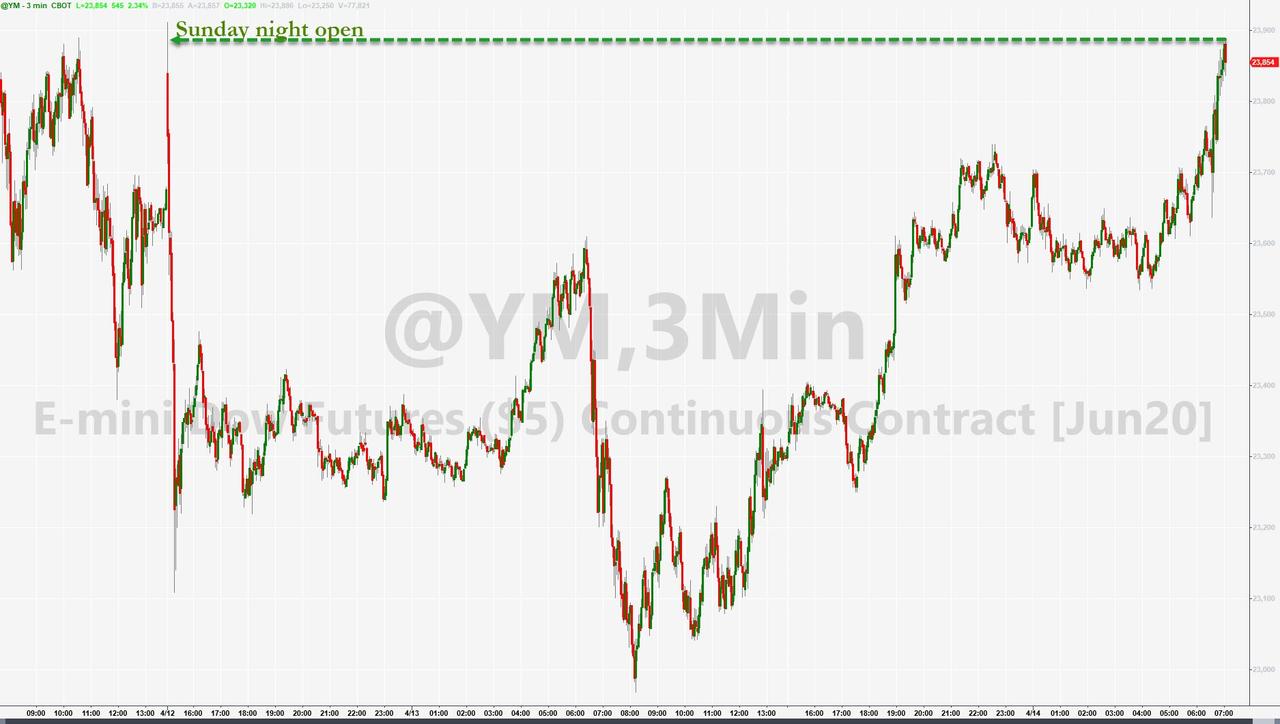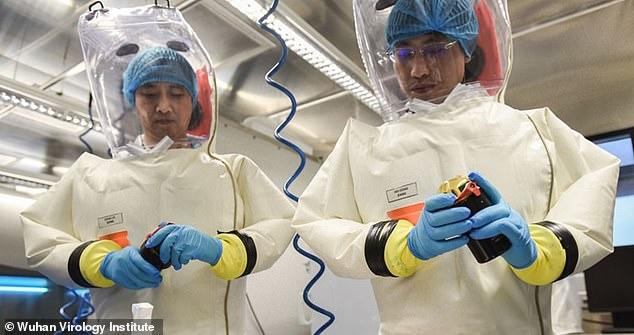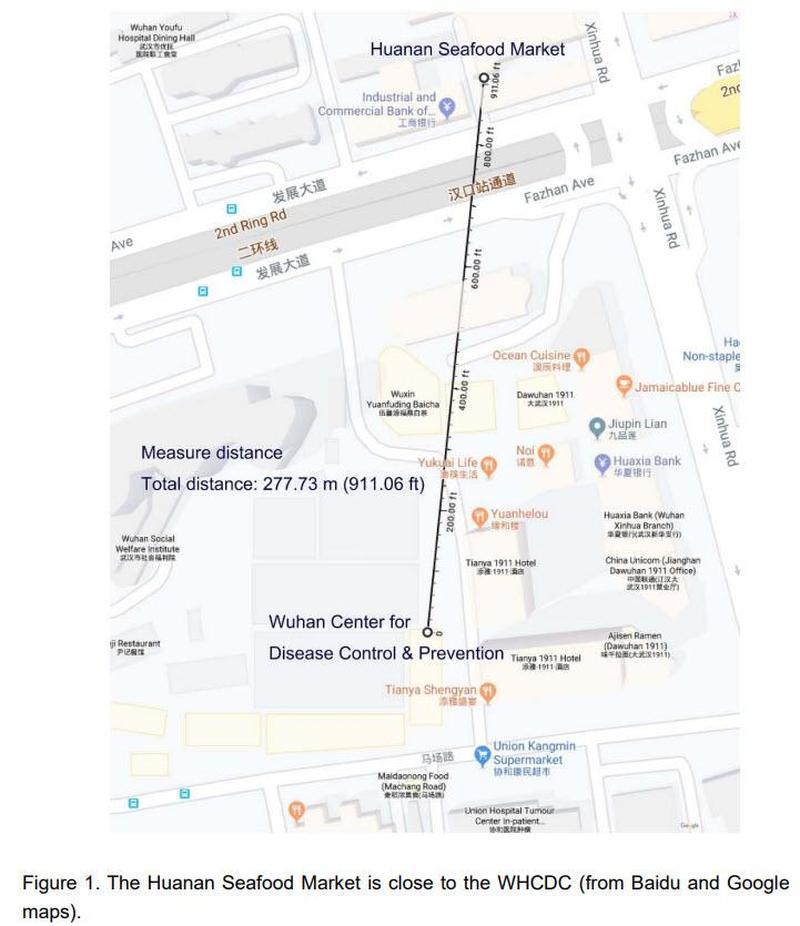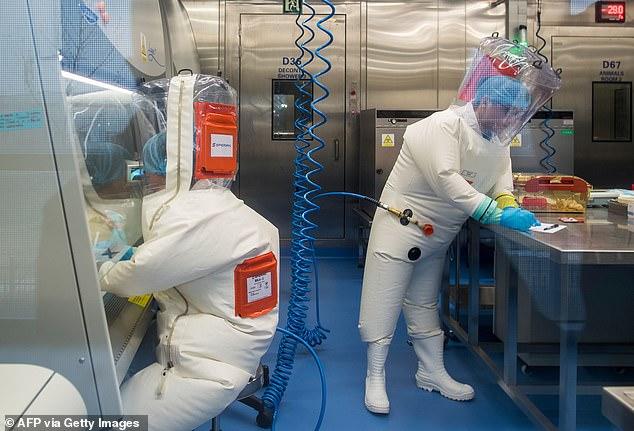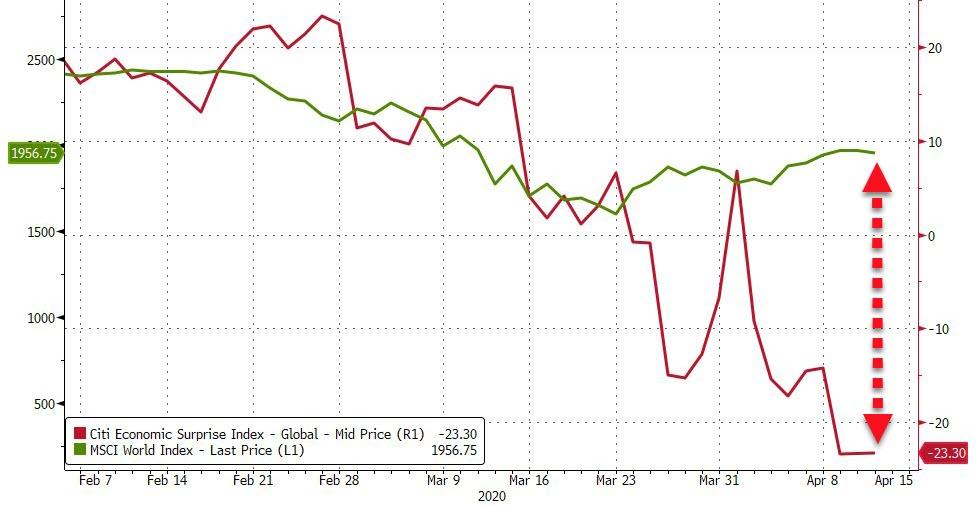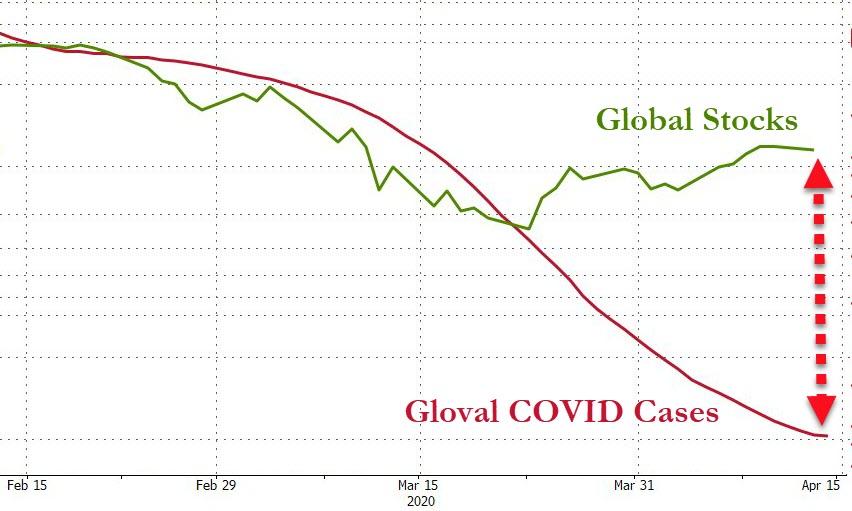CNN’s Cuomo Melts-Down Live On Radio, Admits His Job Is “Trafficking In The Ridiculous”
Authored by Steve Watson via Summit News,
CNN anchor Chris Cuomo made a startling confession Monday, declaring that he doesn’t value his job and that CNN is “trafficking in things that I think are ridiculous.”
In a Howard Beale-esq moment, Cuomo made the comments on his SiriusXM show, apparently having an epiphany after contracting coronavirus.
“I don’t want to spend my time doing things that I don’t think are valuable enough to me personally,” Cuomo said, adding “I don’t value indulging the rationality, hyper-partisanship.”
Listen:
.@CNN‘s Chris Cuomo went on a rant today about how having the coronavirus has made him reconsider his life. He said he doesn’t like what he does, that it isn’t worth his time and even ranted about a “jackass, loser, fat tire biker”:https://t.co/ctHzceHlO1 pic.twitter.com/btHJRu41nI
— Shelby Talcott (@ShelbyTalcott) April 14, 2020
“I don’t like what I do professionally,” Cuomo said. “I don’t think it’s worth my time.”
Cuomo also said that he dislikes “talking to Democrats about things that I don’t really believe they mean” and “talking to Republicans about them parroting things they feel they have to say.”
The host seems to be reevaluating his role in the fake news system that has become purely about winning ratings by saying ridiculous things.
“I don’t think its worth it to me because I don’t think I mean enough, I don’t think I matter enough, I don’t think I can really change anything, so then what am I really doing?” Cuomo continued.
“I’m basically being perceived as successful in a system that I don’t value. I’m seen as being good at being on TV and advocating for different positions… but I don’t know if I value those things, certainly not as much as I value being able to live my life on my own terms.” he added.
The host also related an experience about being approached by a biker on Easter Sunday, being verbally abused while he was out with his family, adding that he wants to be able to act like any other member of the public, so he told the biker to ‘go to hell’.
“I don’t want some jackass, loser, fat tire biker being able to pull over and get in my space and talk bullsh** to me, I don’t want to hear it.” Cuomo ranted.
“That matters to me more than making millions of dollars a year…because I’ve saved my money and I don’t need it anymore. I want to be able to tell you to go to hell, to shut your mouth…I don’t get that doing what I do for a living.” he added.
Last year, Cuomo made headlines when he was caught on video threatening a guy who called him ‘Fredo’, the name of the ‘weak’ middle brother in ‘The Godfather’.
Cuomo told the person that he would “f***ing throw you down the stairs like a f***ing punk”:
“So, I’m gonna make changes,” Cuomo concluded.
“Why? Because I’ve gotta be happy. Why? Because life is short. Life is short. And I’m pretty far down the road – I’m gonna be 50.”
He also admitted that he doesn’t want to be like other network anchors who are open about their partisanship.
“I’ll never be Sean Hannity. I’ll never have this mass following that echoes a political set of ideas and principles that I’ll agree with. Similarly, Rachel Maddow.” Cuomo announced.
It seems that Cuomo is ‘mad as hell and he aint gonna take it no more!’
Tyler Durden
Tue, 04/14/2020 – 10:45
via ZeroHedge News https://ift.tt/2RCBmax Tyler Durden
